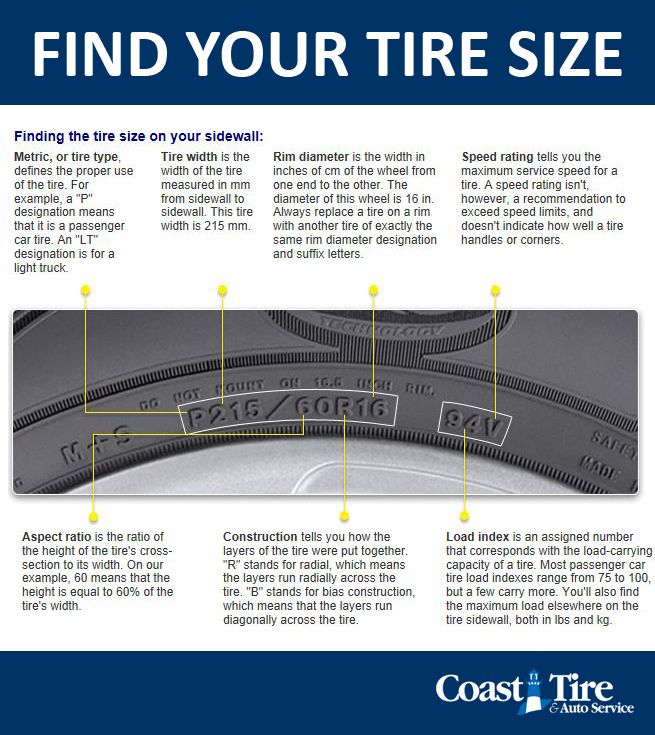What happens when your tires come full circle?
Reduce. Reuse. Recycle.
Paper. Plastic. Glass. Rubber?
No one likes fees. We automatically associate “fee” with something excessive, unfair, and distasteful. In our minds, they’re unnecessary and inconvenient. But that’s predominantly because we often don’t understand what the fees are for, how the money is utilized, and how it relates to our daily lives.
If you’ve ever looked at your receipt after purchasing replacements for one, or several tires, you may have noticed the line item labeled “Tire Recycling Fee”. The fee remains unclear to many customers buying new tires. Also known as tire disposal fees, waste tire recycling development fees, or scrap tire disposal taxes (or any combination thereof), this fee is not only necessary, but beneficial.
You’ve got questions. We’ve got answers! What’s the difference between state mandated fees as opposed to tire installer fees? What does this money pay for? Where do the old tires go? Tire purchases can be costly, so it’s important to ask these questions in order to determine exactly what you’re paying for and avoid unexplained or hidden fees. Here’s the truth on tire taxes.
You’re probably wondering: why am I required to pay extra just to throw your old tires away, on top of paying for new ones?
A tire recycling fee, or “tire tax”, is a fee paid either:
a) on each new tire sold and/or
b) for disposing of your old tires after a new pair (or set) is installed.
Sometimes the tire recycling fee is an environment fee or combination of the two. Regardless of what it’s called, it serves the same purpose: to fund the disposal of old tires. Each state has their own laws on tire recycling and fees that must be applied on new tire purchases.
Not all tires become sad old swings once they’ve been retired from their useful life on the road. As you might have suspected, tires cannot be disposed of like other materials. They are nonbiodegradable (they do not break down and degrade over time), cannot be compacted (like plastic and metal), and remain in the same shape. Because of their sheer size and impenetrable rubber compound, tires are among the most problematic sources of waste we face today.
Because of their sheer size and impenetrable rubber compound, tires are among the most problematic sources of waste we face today.
On the road, tires don’t last forever – the tread eventually wears down or they sustain irreparable damage. But in the environment, tires can last forever. Worn-out tires used to be dumped in landfills to sit for perpetuity. In recent years, 44 states have restricted tire disposal at landfills.
Fortunately, new technology makes it possible for the tires to be broken down and specific components re-used. Processes such as pyrolysis—heat is applied to rubber to soften it and turn it into fuel—and devulcanization (no, this isn’t a Star Trek reference)—reclaimed rubber—make it possible to reuse the rubber for other purposes. Tire material is extremely useful and can be repurposed numerous ways, which is why many states have implemented tire recycle programs in recent years.
Since the implementation of scrap tire legislation, state-funded tire recycling programs have become instrumental in diverting scrap tires from stockpiles and landfills.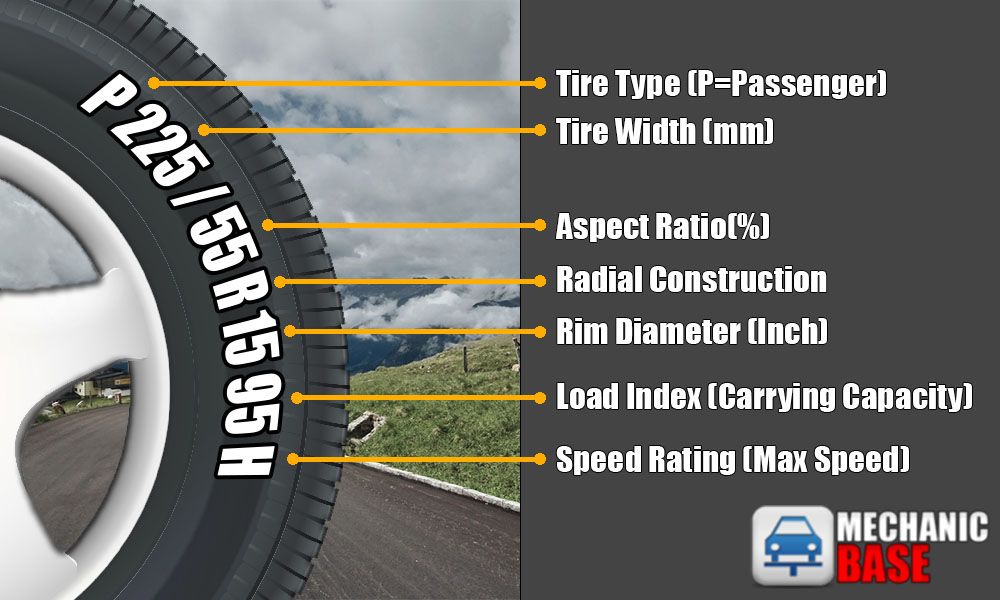 These programs give tires a new home, just in slightly different forms.
These programs give tires a new home, just in slightly different forms.
Some larger sized tires are used as stone aggregate substitutes in civil engineering projects. Commonly referred to as TDF, tire-derived fuel is produced from the shredded form of tires and is used as a source of fuel in power plants and mills.
The landscaping industry has greatly benefitted from the development of rubber mulch, which eliminates the need for annual mulching, promotes water retention in soil, and reduces mold, mildew, and fungus.
Not to mention, the next time you walk across a spongey playground or athletic turf field, you can clearly see the result of hundreds of recycled tires underfoot!
Many states use funds collected from tire recycling fees to develop these recycling methods and divert these tires from an otherwise fateful eternity buried under piles of rubbish. The separate fee charged by your tire installer covers cost for the private services that pick up old tires and dispose of them according to the individual state regulations.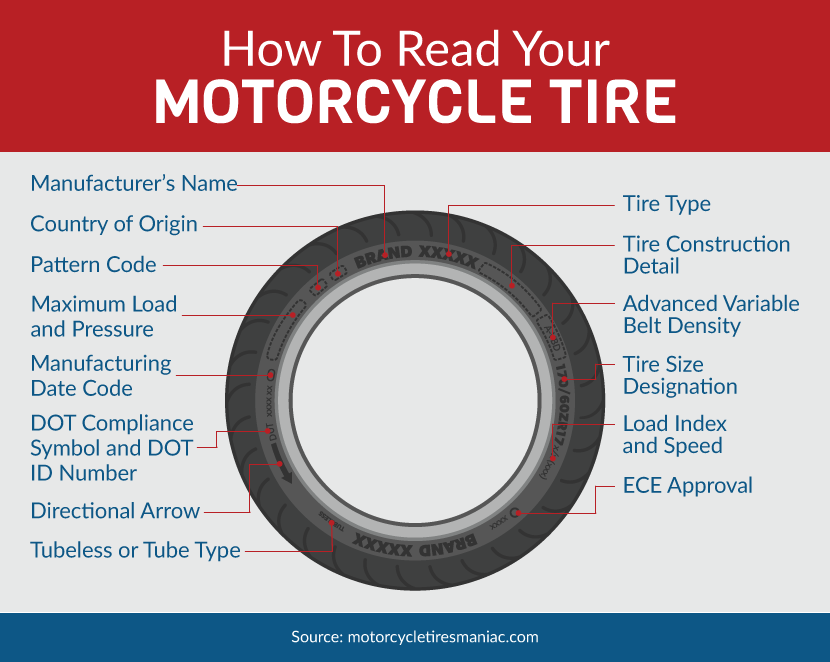
Extra fees are an unfavorable element in any transaction, but the good news is, this disposal fee rarely exceeds $2.00 per each new vehicle tire purchased in any given state. Some states, such as Indiana and Kansas, impose fees as low as 25 cents per tire. Oklahoma might have the most specific and expensive tire fee requirements compared to other states. Find out how much your state charges for new tire fees here.
While the extra dollars may seem unnecessary, this small fee has the amazing capacity to divert millions of pounds of scrap tire material from landfills each year! Ultimately, these fees are consistently implemented to combat the 111 million scrap tires currently lying in stockpiles across the U.S., with an additional 3.9 million tons generated each year.
In 2015, the breakdown of recycled material from tires was as follows: 48.6% was diverted as TDF, 25.8% was processed as ground rubber, 11. 4 % was land disposed, 7% was used in civil engineering projects and 7.1% was used for miscellaneous purposes.
4 % was land disposed, 7% was used in civil engineering projects and 7.1% was used for miscellaneous purposes.
37 states have a mandated tire fee, which serves as the most common funding mechanism. Nationally, the continued implementation of legislation and regulation by states will spur the cleanup of remaining stockpiles across the country. The funding generated from tire disposal fees will guarantee effective monitoring, tracking, certification and enforcement protocols, which will likely boost scrap tire waste prevention significantly in the years to come.
After it’s all said and done, installing a tire-swing is always a viable (and fun) option for your own waste prevention efforts!
Tires-Easy has been supplying quality, new tires online to United States consumers since 2004. We pride ourselves on delivering the best selection of top-quality tire products and unmatched customer service. Learn more about our tire rebates, new tire product news, tire safety information, tire care & replacement information, and tire buying guides by visiting our comprehensive tire knowledge center.
Create an account for free on Tires-Easy.com and check out the discounted prices on a great selection of tires.
Sign Up
In response to a growing concern for increased stockpiles of waste tires and past experiences with waste tire stockpile fires, the Utah Legislature passed the Utah Waste Tire Recycling Act in 1990. Consequently, the waste tire recycling program is first and foremost a recycling program for used truck and passenger vehicle tires.
Prior to 1990, various waste tire piles, some comparatively large in size, existed throughout the state. Also, some landfills were stockpiling waste tires rather than placing them into the disposal cell because of the significant space they consumed within the landfill. With the establishment of the waste tire recycling program, waste tire piles have been cleaned up, stockpiles generated at municipal landfills are removed on an ongoing basis, and newly generated waste tires are being recycled.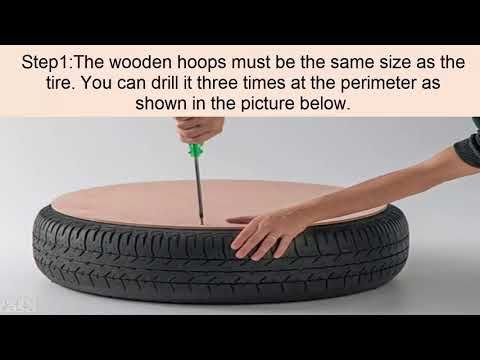
Funding for the waste tire recycling program comes from a fee assessed on the purchase of a new tire, including those associated with a new vehicle purchase. Currently, the fee is $1 per new tire. Tire retailers and new vehicle dealerships collect the fee and transfer it to the Tax Commission. Fees collected are placed into the Waste Tire Recycling Fund.
Revenues from the fee are used for:
Through the combined efforts of the Division of Waste Management and Radiation Control (DWMRC), the waste tire recycling industry, and local health departments, there currently are markets in Utah for all waste tires generated annually within the state. This has been the result of a successful partnership in establishing a network of waste tire transporters, processors, and end users.
This has been the result of a successful partnership in establishing a network of waste tire transporters, processors, and end users.
Specifically, DEQ’s role in the management of waste tires in Utah primarily consists of two components. First, the agency serves as a regulatory/enforcement agency. DWMRC registers and monitors waste tire transporters (109 KB) and recyclers (107 KB) to ensure all are operating in compliance with applicable statutes and regulations. The Division surveys the state for tire piles and oversights tire storage facilities. Where tire piles that are not part of a permitted tire storage facility are found enforcement action is taken. Second, DWMRC oversees the activities to clean up and remove waste tire piles—those considered abandoned as well as those created at municipal landfills. The waste tire recycling program is effective in managing waste tires generated in Utah due to the coordinated efforts of all stakeholders as well as the dedicated funding the Legislature has provided through the $1 per tire recycling fee collected from retail customers.
Five waste tire recyclers are currently operating in Utah:
| FY 2020 | Cumulative (FYs 1990-2020) |
|---|---|
| 53,292.28 tons | 803,329.28 tons |
| [4,529,820 tires (approx.)] | [68,282,988.8 tires (approx. )] |
| FY 2020 | Cumulative (FYs 1990-2020) |
|---|---|
| $1,316,842.93 | $55,908,601 |
| FY 2020 | Cumulative (FYs 1990-2020) |
|---|---|
| 3,164.22 tons | 42,526.25 tons |
| 268,958.7 total tires | [2,876,121.25 tires (approx. )] |
$597,529.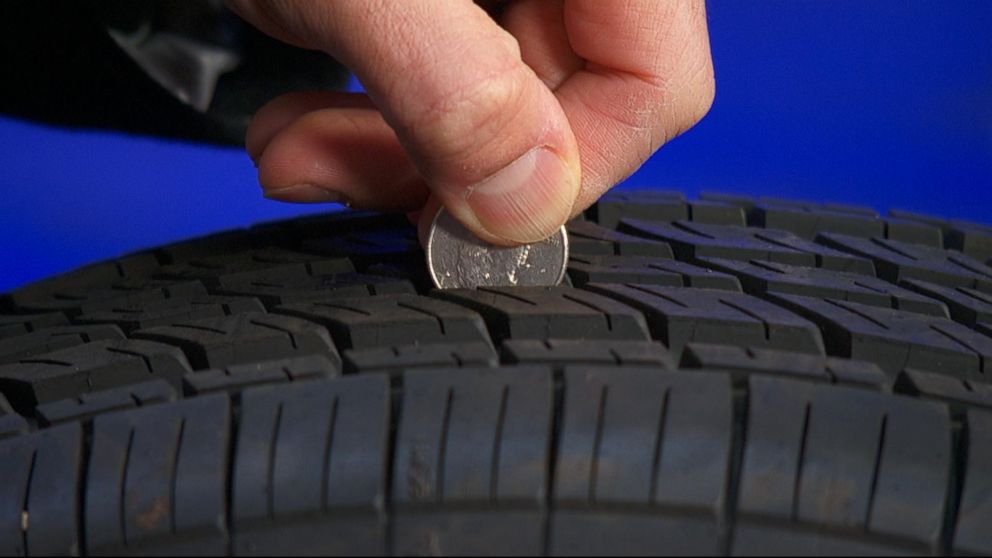 77 77 | $5,374,859.57 |
For more information about the Waste Tire Program, please contact Bryan Woolf ([email protected]) (801) 536-0227.
Last updated: February 11, 2022 at 3:09 pm
Categories: Solid Waste Waste Management and Radiation Control
Tags: Tires Waste Tires
On the one hand, it is not difficult to return old tires.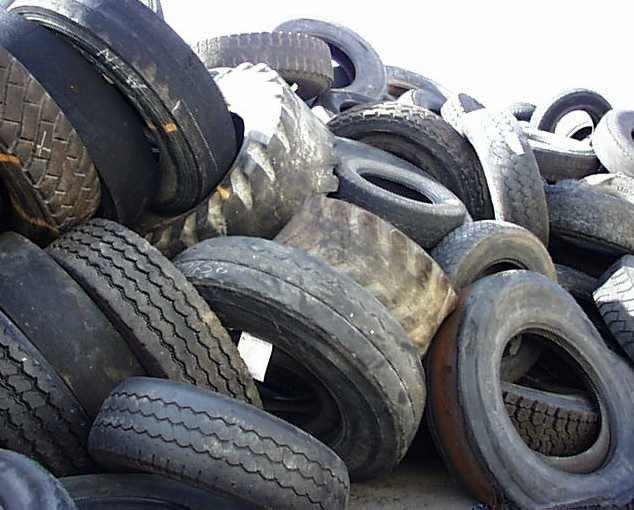 They can simply be thrown into a landfill if the problems of environmental pollution, as well as the growth of serious diseases, do not bother. But problems can also be viewed from other perspectives. Tire tires, even used ones, are raw materials. Quite a few useful items can be made from it, especially if there is a private house or summer cottage. Finally, instead of throwing it away, you can take your old tires to a collection point for money.
They can simply be thrown into a landfill if the problems of environmental pollution, as well as the growth of serious diseases, do not bother. But problems can also be viewed from other perspectives. Tire tires, even used ones, are raw materials. Quite a few useful items can be made from it, especially if there is a private house or summer cottage. Finally, instead of throwing it away, you can take your old tires to a collection point for money.
Contents of the article
Used tires are accepted by recycling industries for grinding. From the obtained raw materials, products are made, intended for for construction and economy. In addition, new tires are made from them.
The disposal of used tires can be carried out for money, free or with an admission fee. Interested in the first option, with two other problems do not occur. It is not worth counting on large sums, price range - from 50 to 150 rubles.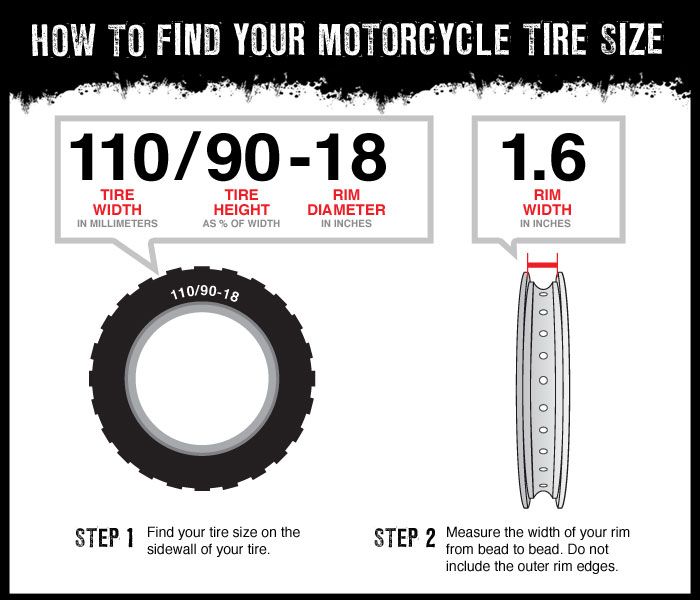 per tire, depending on its diameter (from 15 up to 22.5, respectively).
per tire, depending on its diameter (from 15 up to 22.5, respectively).
Prices vary by type of tires, as well as their quantity. For example, for 1 ton of non-studded rubber they pay 4 tr. If it is studded, the cost rises to 6 tr. Cameras are bought for 30 rubles. Accordingly, for a set of worn studded tires, along with cameras, you can get 720 rubles. The amount is small, especially if you need services for transporting tires to the place of reception.
Most profitable to change tires to get:
Preliminary it is necessary to specify in autoshops and technical services the availability of such promotions. Given that they have offers in accepting used tires come in constantly, they can suspend promotions for indefinite period. Then there is another option, where to hand over the old tires for money.

As noted earlier, tires are a good building material. His can be used for the following purposes:
Finally, vegetables are grown with their help in agriculture. It is enough to bury the tire in the ground, place seedlings in it. Thus, moisture is retained longer, yields increase. In addition, drinkers for domestic animals are made from tires.
All used as follows:
The second option will require ingenuity, organizational skills, and the ability to negotiate. But if during the search it was not possible to find enterprises where you can hand over tires for recycling for money, but on the contrary, they still require payment for services, then there is a reason to think about your own business.
For users of the Vyvoz.org website, we have compiled (and constantly updated) a list of organizations in large (and not only) Russian cities where you can return old tires for money or free of charge:
Moscow
St. Petersburg
Astrakhan
Barnaul
Vladivostok
Volgograd
Voronezh
Yekaterinburg
Izhevsk
Irkutsk
Kazan
Kaliningrad
Kemerovo
0002 Such an enterprise will require small investments - from 50 to 80 tr. Most of the money will be spent on renting premises, registering an organization, paying one or two employees, as well as advertising. A prerequisite is that the owner independently (at least for the first time) creates devices for agriculture and decor for yards. A license to collect and store recyclables is required.
Then a commercial offer is created, pages are drawn up in the most popular social networks. Targeting advertising in them is not expensive, it allows you to quickly reach the target audience.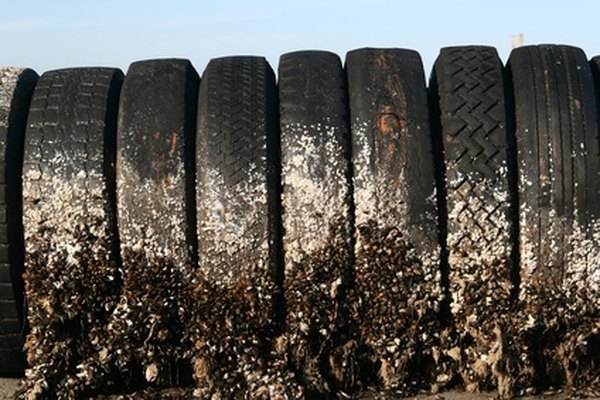 Additionally, announcements are posted in rural areas, at dacha cooperatives, commercial offers are sent to management companies.
Additionally, announcements are posted in rural areas, at dacha cooperatives, commercial offers are sent to management companies.
The production process consists of the following steps:
If the demand for rubber increases, you can offer to the population to hand over rubber for processing for money. In parallel is an agreement with a processing plant, where you can deliver in bulk unclaimed rubber. Such a business can bring from 50-70 to 300-500 tr. monthly. Depends on organizational owner's abilities.
By law, legal entities are required to report on the delivery of used tires for recycling. The lack of documentary evidence leads to a fine for violating the rules for handling recyclables.
The lack of documentary evidence leads to a fine for violating the rules for handling recyclables.
Therefore, business entities are required to apply to official processing manufacturer or its representative. At transfer of tires is issued:
In addition, the enterprise is working out an act in accordance with which tires are recognized as used. The commission decides on writing them off from the balance sheet of the enterprise and sending them for recycling.
Unlike businesses, individuals are not required to follow this procedure. But it is recommended to approach the disposal of tires in a responsible manner. Rubber decomposes for a long time, but being in the environment in the event of combustion is a source of dioxins that enter the air and then into the human body. Because of this, he can become seriously and even terminally ill.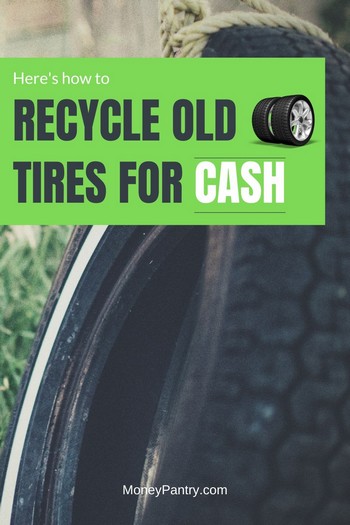
On the one hand, it is not difficult to return old tires. They can simply be thrown into a landfill if the problems of environmental pollution, as well as the growth of serious diseases, do not bother. But problems can also be viewed from other perspectives. Tire tires, even used ones, are raw materials. Quite a few useful items can be made from it, especially if there is a private house or summer cottage. Finally, instead of throwing it away, you can take your old tires to a collection point for money.
Contents of the article
Used tires are accepted by recycling industries for grinding. From the obtained raw materials, products are made, intended for for construction and economy. In addition, new tires are made from them.
From the obtained raw materials, products are made, intended for for construction and economy. In addition, new tires are made from them.
The disposal of used tires can be carried out for money, free or with an admission fee. Interested in the first option, with two other problems do not occur. It is not worth counting on large sums, price range - from 50 to 150 rubles. per tire, depending on its diameter (from 15 up to 22.5, respectively).
Prices vary by type of tires, as well as their quantity. For example, for 1 ton of non-studded rubber they pay 4 tr. If it is studded, the cost rises to 6 tr. Cameras are bought for 30 rubles. Accordingly, for a set of worn studded tires, along with cameras, you can get 720 rubles. The amount is small, especially if you need services for transporting tires to the place of reception.
Most profitable to change tires to get:

Preliminary it is necessary to specify in autoshops and technical services the availability of such promotions. Given that they have offers in accepting used tires come in constantly, they can suspend promotions for indefinite period. Then there is another option, where to hand over the old tires for money.
As noted earlier, tires are a good building material. His can be used for the following purposes:
Finally, vegetables are grown with their help in agriculture. It is enough to bury the tire in the ground, place seedlings in it. Thus, moisture is retained longer, yields increase. In addition, drinkers for domestic animals are made from tires.
All used as follows:

The second option will require ingenuity, organizational skills, and the ability to negotiate. But if during the search it was not possible to find enterprises where you can hand over tires for recycling for money, but on the contrary, they still require payment for services, then there is a reason to think about your own business.
For users of the Vyvoz.org website, we have compiled (and constantly updated) a list of organizations in large (and not only) Russian cities where you can return old tires for money or free of charge:
Moscow
St. Petersburg
Astrakhan
Barnaul
Vladivostok
Volgograd
Voronezh
Yekaterinburg
Izhevsk
Irkutsk
Kazan
Kaliningrad
Kemerovo
0002 Such an enterprise will require small investments - from 50 to 80 tr. Most of the money will be spent on renting premises, registering an organization, paying one or two employees, as well as advertising. A prerequisite is that the owner independently (at least for the first time) creates devices for agriculture and decor for yards. A license to collect and store recyclables is required.
A prerequisite is that the owner independently (at least for the first time) creates devices for agriculture and decor for yards. A license to collect and store recyclables is required.
Then a commercial offer is created, pages are drawn up in the most popular social networks. Targeting advertising in them is not expensive, it allows you to quickly reach the target audience. Additionally, announcements are posted in rural areas, at dacha cooperatives, commercial offers are sent to management companies.
The production process consists of the following steps:
If the demand for rubber increases, you can offer to the population to hand over rubber for processing for money. In parallel is an agreement with a processing plant, where you can deliver in bulk unclaimed rubber.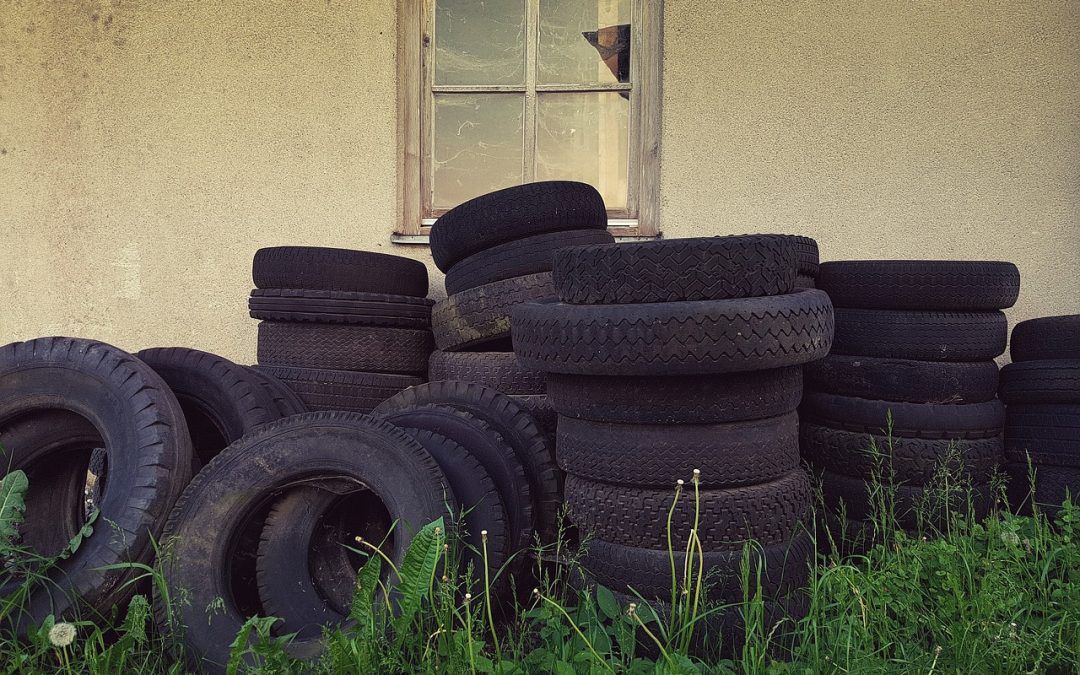 Such a business can bring from 50-70 to 300-500 tr. monthly. Depends on organizational owner's abilities.
Such a business can bring from 50-70 to 300-500 tr. monthly. Depends on organizational owner's abilities.
By law, legal entities are required to report on the delivery of used tires for recycling. The lack of documentary evidence leads to a fine for violating the rules for handling recyclables.
Therefore, business entities are required to apply to official processing manufacturer or its representative. At transfer of tires is issued:
In addition, the enterprise is working out an act in accordance with which tires are recognized as used. The commission decides on writing them off from the balance sheet of the enterprise and sending them for recycling.
Unlike businesses, individuals are not required to follow this procedure.